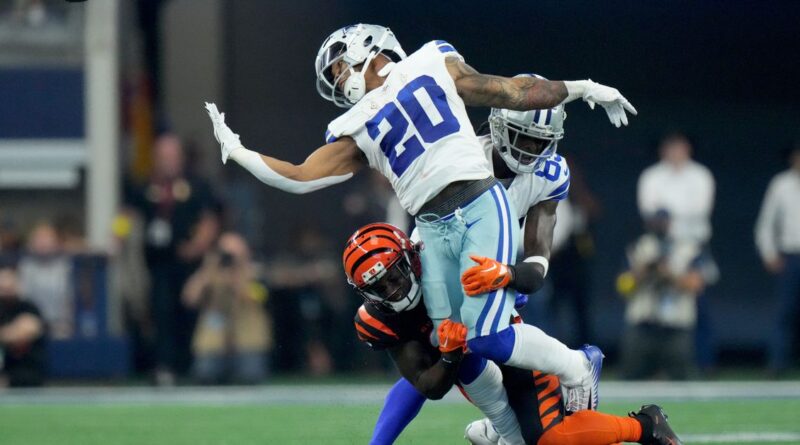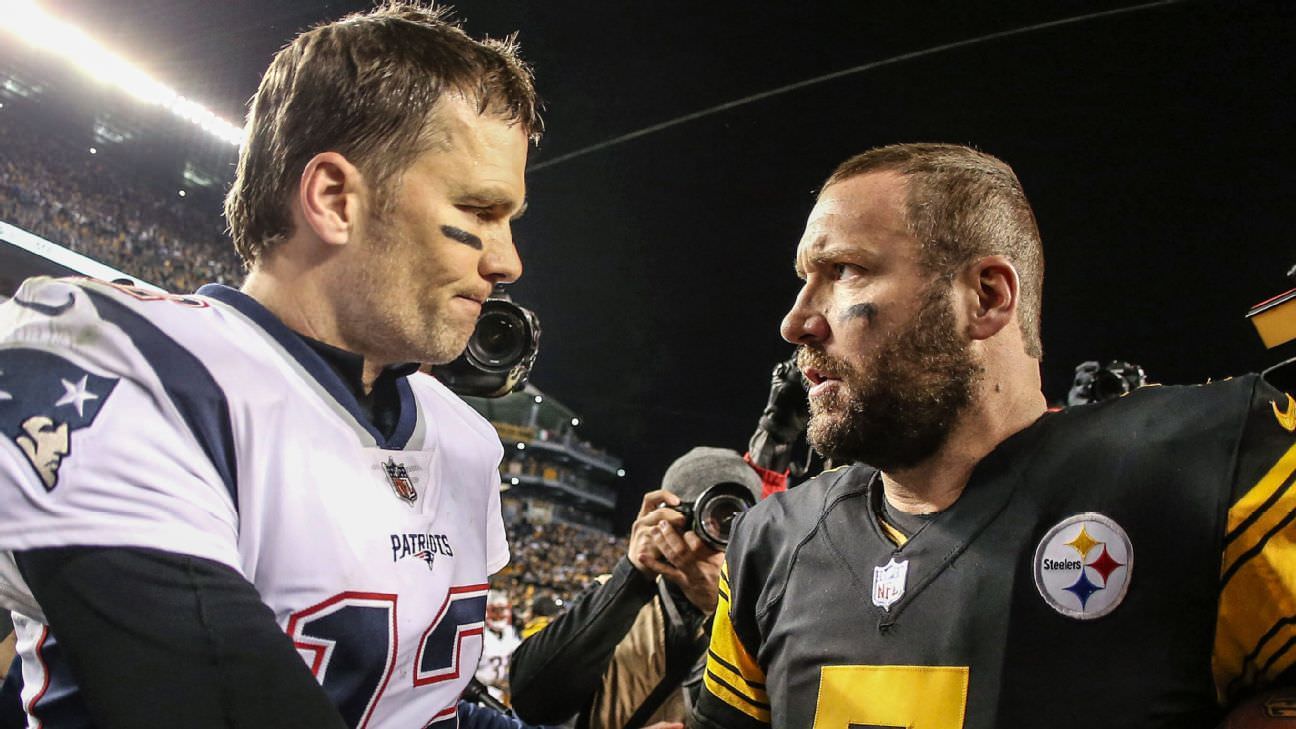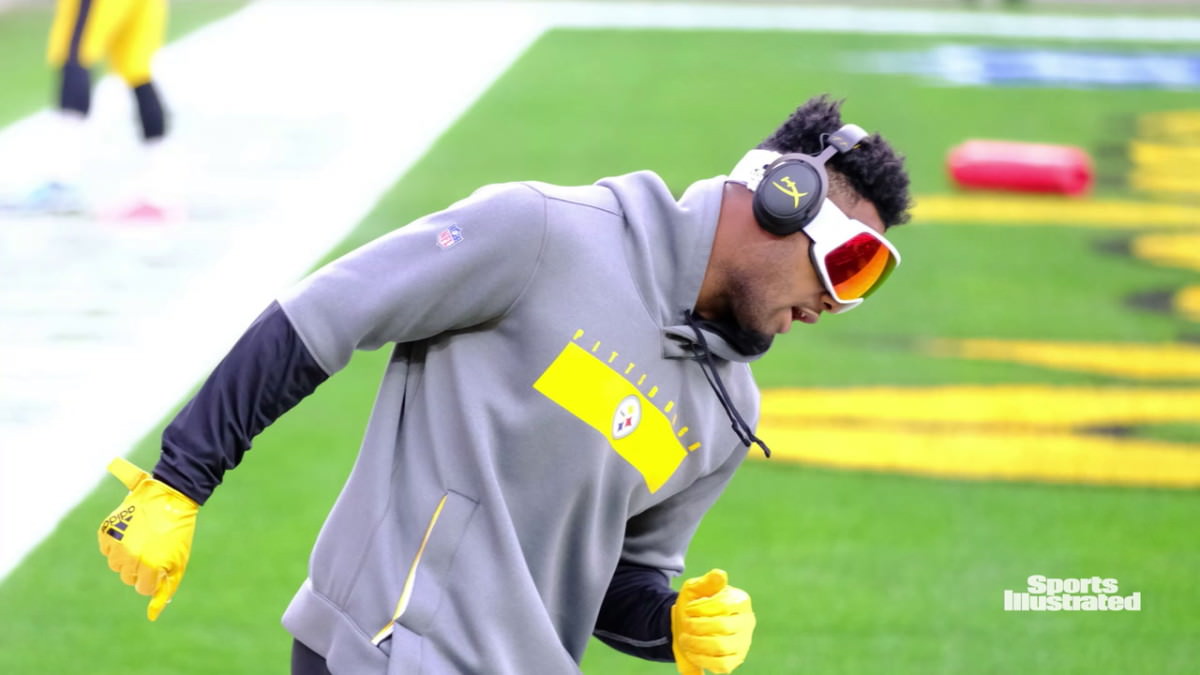NFL hip-drop tackle ban raises more questions than answers
At the NFL owners meetings on Thursday, the NFL banned the hip-drop tackle, despite the objections from the NFL Player’s Association. This style of tackle injured star TE Mark Andrews this season and was a major topic of discussion throughout the year, and now if a player is deemed to have made a hip-drop tackle they’ll receive a 15-yard penalty and the opponent gets an automatic first down.
Current and former NFL players have made their objections known as well, per Ari Meirov:
But what actually is a hip-drop tackle, and how will the NFL officiate it when they’ve struggled to officiate roughing the passer penalties since the new rules were established?
Per the NFL, an illegal hip-drop tackle is when a defender grabs an opponent and gains control, then swivels him and “unweights” him, dropping his hips on the players’ leg and foot area. This is how Andrews got injured against the Cincinnati Bengals.
What does it mean to “unweight” a player? No clue, but unweight is defined by Merriam-Webster dictionary as “to reduce momentarily the force exerted by (something, such as a ski) upon a surface by shifting the weight or position of one’s body”, so make of that what you will.
This is the video that was sent to franchises explaining what hip-drop tackles would be illegal, per NFL Network’s Tom Pelissero:
Here’s the video the NFL just showed in a press conference of what are now banned swivel hip-drop tackles (with NFL executive Jeff Miller speaking in the background). pic.twitter.com/Y4H8h6pQkW
— Tom Pelissero (@TomPelissero) March 25, 2src24
NFL competition committee chair Rich McKay explicitly said that the swivel hip-drop tackle is what they’re trying to get out of the game. When asked about the type of tackle that would be legal, the answer was…a little vague.
Is there a legal hip drop tackle, as league emphasizes swivel is specific?
McKay: “If you drag someone down and fall with your hip on top of them, that’s legal.”
♀️
— Jori Epstein (@JoriEpstein) March 25, 2src24
Yeah, so that cleared up pretty much nothing. There’s not much to go off of when it comes to the NFL’s hip-tackle bans and examples of good tackles in that situation, but an equivalent can be found in the National Rugby League, where they have an explainer of their illegal hip-drop tackle, and what the difference is.
NFL executive Jeff Miller told the Washington Post that the NFL saw a 65% increase in hip-drop tackles year over year, with 23src tackles in the NFL defined as a hip-drop. With the increase, Miller also said that there were 15 injuries caused by hip-drop tackles, with one happening “every week”.
With the banning of the hip-drop tackle, there are two schools of thought, with the primary one being that this is going to be an unmitigated disaster. The NFL has had major issues legislating different types of tackles, especially with the new roughing the passer rules being given out extremely poorly.
Giving referees, who already have a lot on their plate to deal with, another thing to try and judge in extremely quick moments isn’t smart by the NFL. Banning the hip-drop tackle seems like something that is right in theory, but the execution of the rule is what’s being called into question. Rarely is a form tackle ever executed in the NFL, with moving targets such as players running full speed at each other and switching their strike area up. It’s difficult to legislate that out of the game when these plays are happening at full speed, with the examples that are shown just happening so quickly. This has a really high chance of ending in disaster.
However, the other school of thought is that this will be a welcome change with fewer players risking injury and a higher chance of getting proper tackling taught in the offseason. Of course, there’s much less padded practice to try it, especially without moving targets, but in execution it should be a net positive. When it comes to refereeing, with proper training and judgement, the tackles should be removed from the sport.
It’s too early to say this rule change is good, but it’s not starting out too hot.



